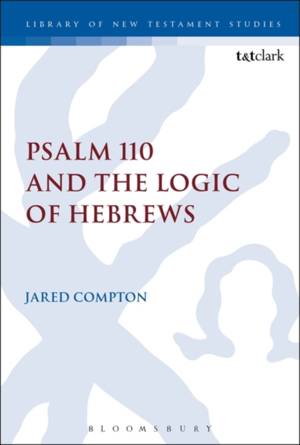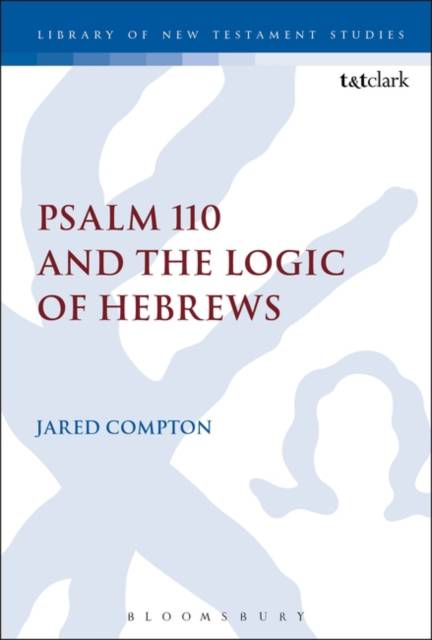
- Afhalen na 1 uur in een winkel met voorraad
- Gratis thuislevering in België vanaf € 30
- Ruim aanbod met 7 miljoen producten
- Afhalen na 1 uur in een winkel met voorraad
- Gratis thuislevering in België vanaf € 30
- Ruim aanbod met 7 miljoen producten
Zoeken
Omschrijving
A neglected area of study of the letter to the Hebrews is the function of the Old Testament in the letter's logic. Compton addresses this neglect by looking at two other ideas that have themselves received too little attention, namely (1) the unique and fundamental semantic contribution of Hebrews' exposition (vis-Á -vis its exhortation) and (2) the prominence of Ps 110 in the author's exposition. The conclusion becomes clear that Hebrews' exposition-its theological argument-turns, in large part, on successive inferences drawn from Ps 110:1 and 4.
Compton observes that the author uses the text in the first part of his exposition to (1) interpret Jesus' resurrection as his messianic enthronement, (2) connect Jesus' enthronement with his fulfillment of Ps 8's vision for humanity and, thus, (3) begin to explain why Jesus was enthroned through suffering. In the second and third parts of his exposition, the author uses the text to corroborate the narrative initially sketched. Thus, he uses the text to (1) show that messiah was expected to be a superior priest and, moreover, (2) show that this messianic priest was expected to solve the human problem through death.
Compton observes that the author uses the text in the first part of his exposition to (1) interpret Jesus' resurrection as his messianic enthronement, (2) connect Jesus' enthronement with his fulfillment of Ps 8's vision for humanity and, thus, (3) begin to explain why Jesus was enthroned through suffering. In the second and third parts of his exposition, the author uses the text to corroborate the narrative initially sketched. Thus, he uses the text to (1) show that messiah was expected to be a superior priest and, moreover, (2) show that this messianic priest was expected to solve the human problem through death.
Specificaties
Betrokkenen
- Auteur(s):
- Uitgeverij:
Inhoud
- Aantal bladzijden:
- 240
- Taal:
- Engels
- Reeks:
Eigenschappen
- Productcode (EAN):
- 9780567682673
- Verschijningsdatum:
- 28/06/2018
- Uitvoering:
- Paperback
- Formaat:
- Trade paperback (VS)
- Afmetingen:
- 156 mm x 234 mm
- Gewicht:
- 344 g

Alleen bij Standaard Boekhandel
+ 162 punten op je klantenkaart van Standaard Boekhandel
Beoordelingen
We publiceren alleen reviews die voldoen aan de voorwaarden voor reviews. Bekijk onze voorwaarden voor reviews.








